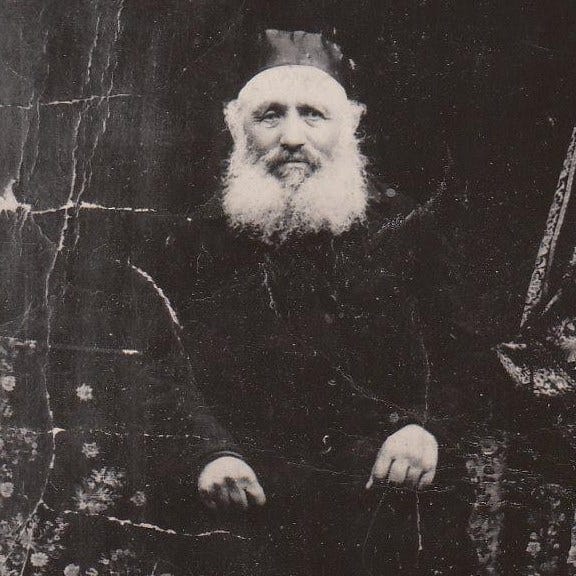Ou-topos*
No Place You’ll Ever Be
* Greek ou "not" + topos "place"; from which the Modern Latin, via Thomas Moore, Utopia (“nowhere”)
“Nobody owns anything but everyone is rich –”
For this second and last week of the Quarterly Quarter Off Sale I’m distributing to the entire subscriber base the full Monday, paid-subscriber posting, to offer that additional idea of some of what paid subscribers receive for their support, besides my deep appreciation and perpetual servitude. (We’ll discuss.) Through this coming Sunday, you can become a paid subscriber for 25% OFF THE FULL SUBSCRIPTION PRICE.
***
In last Monday’s Recs & Revs letter (usually paid, but free to all last week like this week) I wrote about my commitments as a writer, and that “thrownness, for each of us, individually, precedes the state, systems, and power. They may precede us in the world (though they didn’t always), but they don’t precede us in ourselves. That’s the place where I begin.” A statement like that has implications f…
Keep reading with a 7-day free trial
Subscribe to Homo Vitruvius by A. Jay Adler to keep reading this post and get 7 days of free access to the full post archives.



